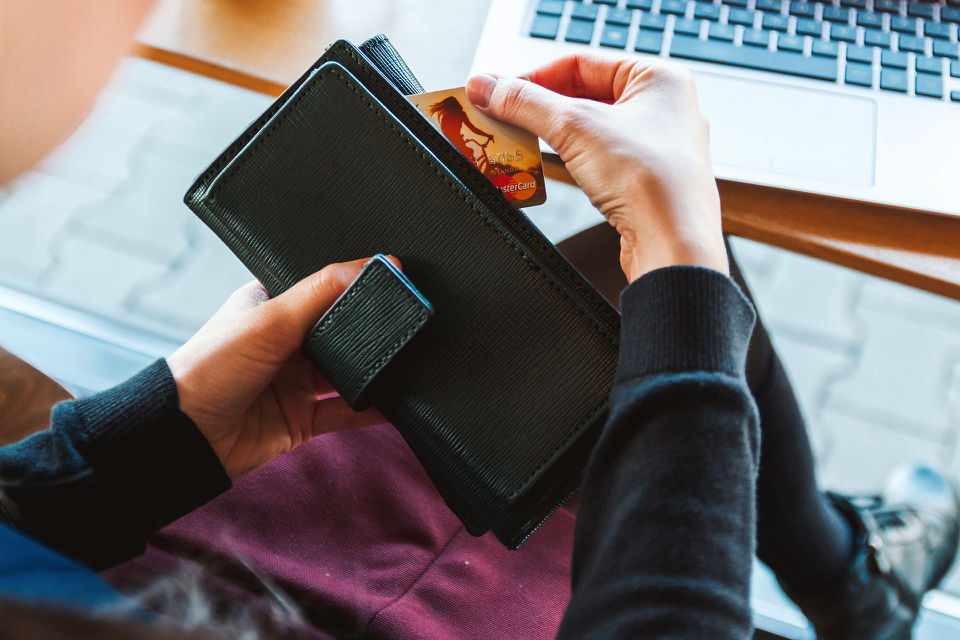There’s a lot to worry about when attending college. You have to worry about student loans, make time for studying, find time to participate in activities to make friends, and more. Chances are, it’s the first time you’re on your own, which means paying bills and managing your finances without any help.
It is also likely to mean it’s the first time you’re responsible for your own online security without a lot of help from parents and teachers.
Unfortunately, one little mistake could be disastrous to your bank account and your life. Make sure you get it right and protect your personal information with the tips on this list.
Choose a College That Takes Cyber Security Seriously
Cyber security isn’t something colleges get to decide is important or not. They have to follow rules and regulations, which includes GLBA compliance for higher education, to ensure student data is protected. However, how schools do this can differ greatly. Although some schools may technically be following rules and regulations to the best of their ability, things may fall through the cracks, which means your personal information could be compromised.
When choosing a college, look for one that takes cyber security seriously. That means choosing a school that not only says they comply with security rules and regulations, but they are able to tell you exactly how they do it.
Be Careful When Using Public Computers
If you’re attending college, you have access to computer labs all across campus. That’s a great thing! It gives you the chance to check emails, write a paper, or do a little research between classes without having to return to your room or lug around your laptop all the time.
You just have to be careful when you’re using a computer that many other people use too.
A few tips for using a public computer without compromising your personal information include:
Never save your login information
Always log out of sites that require a login
Don’t walk away from your computer until you’ve signed out
Delete temporary files that you may have downloaded
Avoid checking bank account information
Don’t Share Passwords
There are a lot of rules when it comes to passwords. You have probably already heard how important it is to create complex passwords with capital letters, numbers, and symbols, and you probably know that you shouldn’t save passwords in a list on your computer, but it’s also important that you keep your passwords private. That means not sharing them with other people.
Don’t give out your password to school accounts, even if it would make it easier for your roommate to write that paper, avoid giving out your email password, even if it would be nice if someone else could check your email while you’re in class, and don’t give out passwords to personal platforms and services either. You may live to regret sharing your Netflix password with a friend who turns out not to be a very good friend after all.
Only Shop on Secure Websites
There’s nothing wrong with shopping online. It can be convenient, and it can provide you with more choices for buying products from companies you truly believe in. Just make sure shopping online doesn’t compromise your digital security.
No matter how badly you want that bargain T-shirt, you should only make a purchase if the website is secure. How can you tell if the website is secure?Look for the lock next to the URL of the website, which shows that the site uses encryption software to keep things safe. It’s also important to use familiar websites that get a lot of traffic, as they’re more likely to have protections in place than small, obscure, or new sites.
Check Your Bank Account Frequently
There are a lot of ways hackers can use your information, but one of their favorites is to use your bank account. They are tricky about it too. Often, they’ll make a few small purchases to see if you’re paying attention before they spend every dime you have.
Check your bank account frequently. Identify every purchase you’ve made, even if it’s only for a few dollars. If something doesn’t look right, change your debit card or checking account number right away.
You’re juggling a lot while you’re in college. Your cyber security is one of the things you should pay attention to. Your college has a lot of responsibility to keep your information safe, but there are also things you should be doing to keep your information out of the wrong hands.

